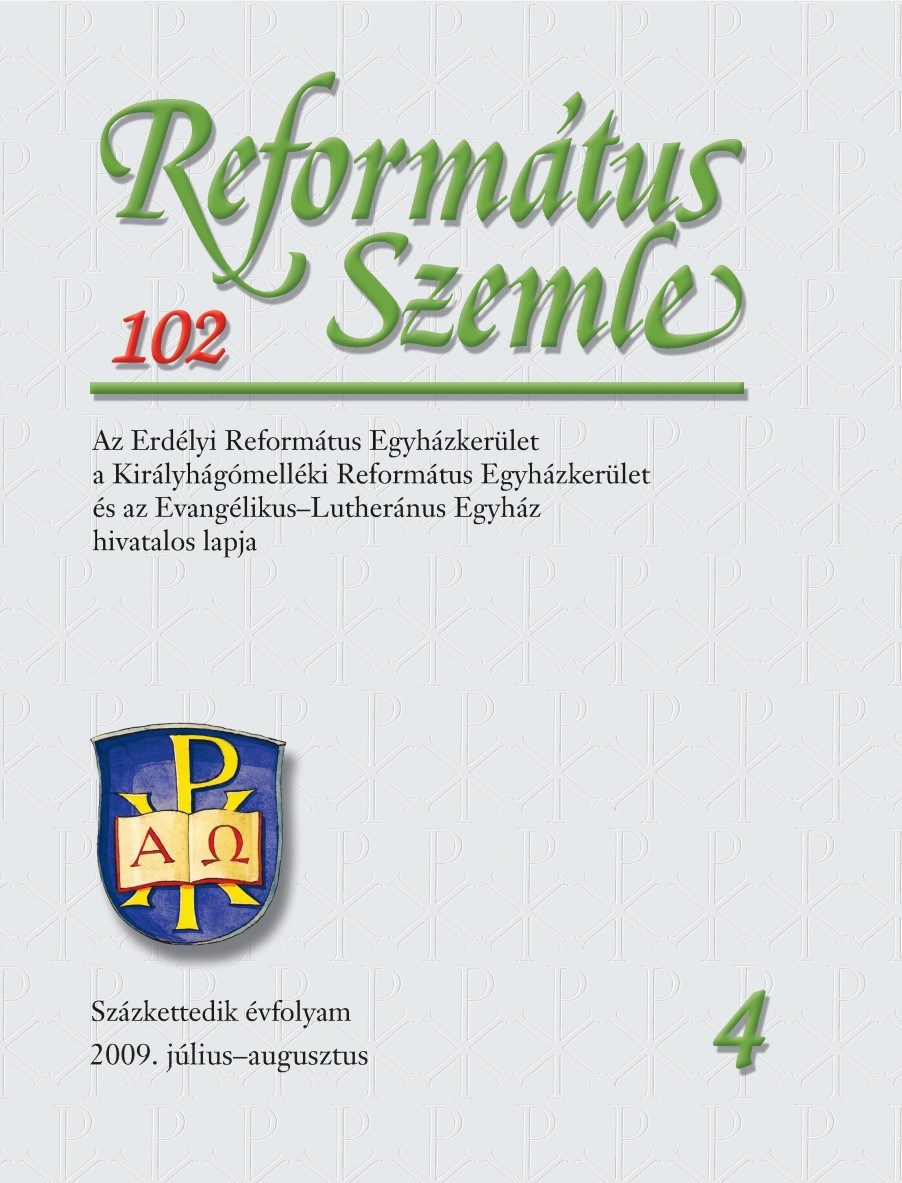A dél-erdélyi református közösségek és a romániai ostromállapot-törvények (1940–44)
The Reformed Communities of Southern Transylvania and the Romanian Martial Laws (1940–45)
Author(s): Alpár Hankó-NagySubject(s): History of Church(es), Theology and Religion
Published by: Erdélyi Református Egyházkerület
Keywords: Reformed Church in Romania;Hungarian Reformed Church in Transylvania;Southern Transylvania;Second World War;
Summary/Abstract: The study continues to present the life of the Transylvanian Reformed Church after the Vienna Award (several studies on this topic have been published in this journal in 2008). The laws regarding state of siege were applied on Romania during the whole period of the 2WW. Citizens’ rights to free assembling, traveling or to use their own language were severely restricted in these years. These restrictions have caused the Reformed Church of Transylvania a great disadvantage, because church-life was almost diminished. Only regular sermons and no other types of meetings could beheld, pastors were not allowed to visit their followers, no charity or educational events could be organized, and even administrative meetings were totally banned. Regulations regarding the traveling of citizens resulted that dean could not visit the pastors of their dioceses, and the vicar of the church had also his serious mobility restrictions. Hungarian language has been banned from official and phone conversations, it could not been used in regular mail, or in denomination of localities. The laws regarding state of siege have diminished pluralism and democracy and made place for Antonescu’s fascist dictatorship, which has also affected the Hungarian population of Romania and the Reformed Church.
Journal: Református Szemle
- Issue Year: 102/2009
- Issue No: 4
- Page Range: 455-476
- Page Count: 21
- Language: Hungarian

